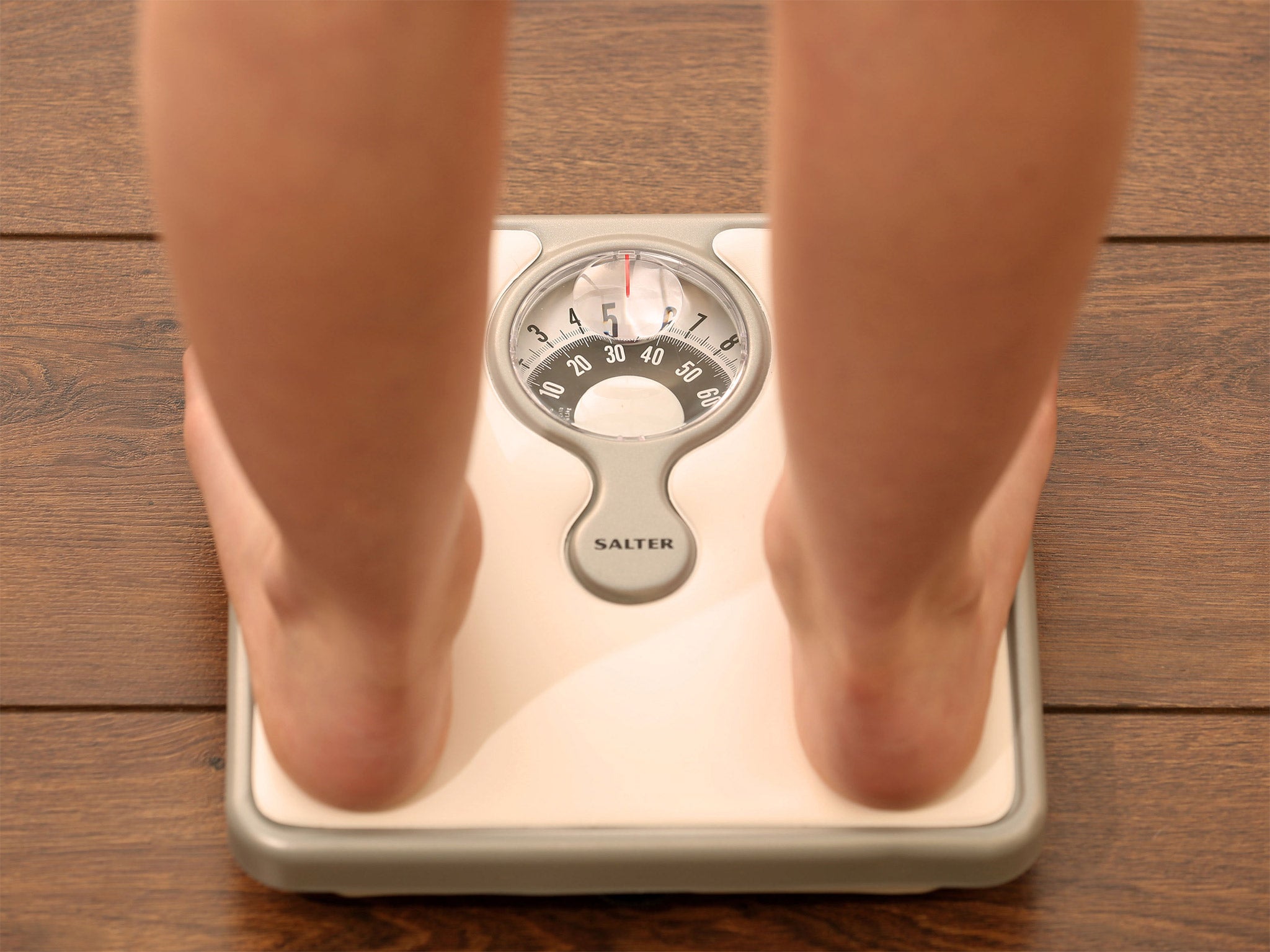Sharp rise in number of young people exercising to lose weight, study finds
‘Dieting is a strong risk factor in the development of eating disorders,’ says report author

The number of teenagers exercising to lose weight is more than eight times higher than it was in 1986, according to a new study which raises concerns about the link between body image and mental health among younger generations.
Six in 10 14-year-olds said they exercise to lose weight when questioned last year, compared with just 7 per cent in 1986, research showed.
Researchers at UCL found girls who are attempting to lose weight are also more likely to suffer symptoms of depression than in previous years.
While 44 per cent said they had dieted to lose weight, just seven per cent said the same back in 1986.
Dr Francesca Solmi, the report’s lead author, said: “Our findings show how the way we talk about weight, health and appearance can have profound impacts on young people’s mental health, and efforts to tackle rising obesity rates may have unintended consequences.
“An increase in dieting among young people is concerning because experimental studies have found that dieting is generally ineffective in the long term at reducing body weight in adolescents, but can instead have greater impacts on mental health. We know, for instance, that dieting is a strong risk factor in the development of eating disorders.”
Researchers examined data from 22,503 adolescents living in the UK spanning across three decades. While the first set of data was gathered in 1986 and relates to people born in 1970, the second statistics were collected in 2005 and look at those born in 1991 or 1992, while the third data set was gathered in 2015 and relates to those born between 2000 and 2002.
Some 42 per cent of 14-year-old girls and boys said they were attempting to lose weight in 2015 — a sharp rise from the 30 per cent who said the same in 2005.
Around 1.25 million people in the UK are estimated to have an eating disorder — illnesses such as bulimia and anorexia nervosa — with the majority being female.
Dr Solmi said: “Media portrayals of thinness, the rise of the fitness industry and the advent of social media may all partly explain our results, and public health messaging around calorie restriction and exercise might also be causing unintended harm.
“Public health campaigns around obesity should consider adverse mental health effects, and ensure they avoid weight stigma. By promoting health and wellbeing, as opposed to focusing on ‘healthy weight’, they could have positive effects on both mental and physical health.”
Researchers raised concerns that the rise in young people wanting to lose weight is not “necessarily due to increased obesity rates”.
Dr Praveetha Patalay, a senior author of the report, said: “It seems that young people are exercising for different reasons than they did before — more adolescents seem to be thinking of exercise predominantly as a means to lose weight rather than exercising for fun, socialising and feeling healthy. We suspect that recent controversial calls to add ‘exercise-equivalent’ labels on food packaging may exacerbate this.
“Societal pressures for girls to be thin have been around for decades, but body image pressures on boys may be a more recent trend. Our findings underscore the impact that societal pressures and public health messaging around weight can have on children’s health behaviours, body image and mental health.”
The study found both girls and boys became more likely to overestimate how much they weighed from 1986 to 2005, and this increased even more by 2015.
Join our commenting forum
Join thought-provoking conversations, follow other Independent readers and see their replies
Comments


Bookmark popover
Removed from bookmarks